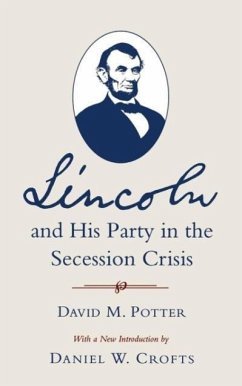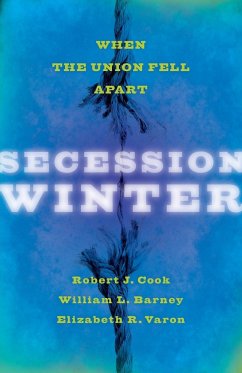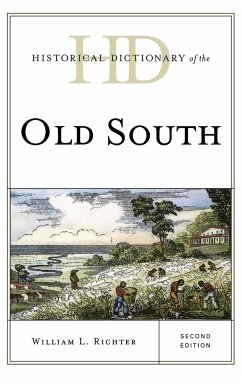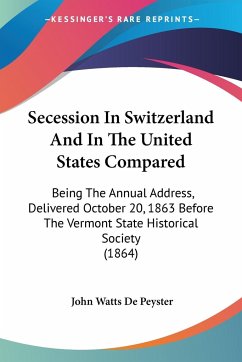
After Secession
Jefferson Davis and the Failure of Confederate Nationalism
Versandkostenfrei!
Versandfertig in 1-2 Wochen
27,99 €
inkl. MwSt.

PAYBACK Punkte
14 °P sammeln!
The secession of the southern states marked the beginning of the trial of Confederate nationalism. The slaveholding elite that had led the South out of the Union now had to solidify its support among nonslaveholding small farmers, a class that constituted the bulk of the white population. Jefferson Davis and his new government were greatly hampered in their bid for widespread public support, partially because of the same force that had resulted in seccession--the strong states' rights predisposition of many southerners and their opposition to a strong central government--and partially because ...
The secession of the southern states marked the beginning of the trial of Confederate nationalism. The slaveholding elite that had led the South out of the Union now had to solidify its support among nonslaveholding small farmers, a class that constituted the bulk of the white population. Jefferson Davis and his new government were greatly hampered in their bid for widespread public support, partially because of the same force that had resulted in seccession--the strong states' rights predisposition of many southerners and their opposition to a strong central government--and partially because of the great social and economic gap that separated the governed from the governors. In After Secession, Paul D. Escott focuses on the challenges the South's political ideals presented to Davis in wartime and on the ways in which growing class resentments among citizens in the countryside affected the war effort. Escott examines Davis' policies, offering thought-provoking new interpretations of the Confederate government's means of decision making and its failure to respond to the needs of ordinary citizens. The result is both a fresh look at the pivotal role that strong leadership plays in the establishment of a new nation and a revealing study of how Jefferson Davis' frustrations increasingly affected the quality of his presidency.












